[Anchor]
As we mark one year of conflict in the medical field, we will examine the crisis in healthcare through a series of reports.
Today (Feb.4) is World Cancer Day.
In South Korea, an average of 287 people per 100,000 are diagnosed with cancer, and 77 die from it.
Cancer remains the leading cause of death.
While we dream of conquering cancer, the reality of our healthcare system is dire.
The conflict began a year ago when the government announced an increase of 2,000 in medical school admissions.
About 12,000 residents have not returned, and medical students are continuing their leave of absence.
The impact of the healthcare gap has fallen squarely on patients.
There have been actual cases where cancer patients could not receive timely surgeries and ultimately died.
Reporter Hong Seong-hee investigated the state of the healthcare gap.
[Report]
Song Jeong-ah lost her father to lung cancer last September.
As the lung nodule grew, she sought treatment at a university hospital, but they were not accepting new patients.
[University Hospital Consultation Staff/Last June/Voice Altered: "Because of the resident strike, doctors are only seeing existing patients. We are not accepting new patients."]
She made an appointment at another hospital but had to wait five months.
Her father missed the opportunity for surgery.
[Song Jeong-ah/Family of Lung Cancer Patient: "If we could have received treatment at the hospital sooner, my father wouldn't have had to leave us so suddenly, unprepared, and we wouldn't have been unprepared either."]
In fact, the number of cancer surgeries at tertiary hospitals has decreased by 16% since the residents left, hitting new patients hard.
This man in his 30s, suffering from chronic pain, takes over 40 pills a day.
He has not received pain relief treatment for nearly a year, which he used to get every two weeks.
[Complex Regional Pain Syndrome Patient: "The professor is so busy with inpatient, outpatient, emergency, and surgeries that there’s no time to give me the injection. The have constant pain, as if my bones are being cut out, and it feels really tough."]
The Ministry of Health and Welfare explains that the number of surgeries at tertiary hospitals has recovered to 79% of pre-crisis levels.
However, the reality is that this is merely a temporary fix.
[Choi Jong-beom/Professor of Anesthesiology and Pain Medicine at Ajou University Hospital: "I go home to get some sleep, but then I get a call at 2:30 or 3 in the morning and have to come back in. I’m doing the work that used to be handled by five or six people, all by myself."]
For the past year, the conflict in the medical field has been a matter of life and death for patients with rare diseases and their families.
[Kim Jeong-ae/Parent of Rare Disease Patient: "I’ve felt that even if I shave my head and plead for my daughter’s life, it’s often useless. If I do my best and it still doesn’t work, I just think, let’s go to God, and I try to live with that mindset."]
This is Hong Seong-hee from KBS News.
As we mark one year of conflict in the medical field, we will examine the crisis in healthcare through a series of reports.
Today (Feb.4) is World Cancer Day.
In South Korea, an average of 287 people per 100,000 are diagnosed with cancer, and 77 die from it.
Cancer remains the leading cause of death.
While we dream of conquering cancer, the reality of our healthcare system is dire.
The conflict began a year ago when the government announced an increase of 2,000 in medical school admissions.
About 12,000 residents have not returned, and medical students are continuing their leave of absence.
The impact of the healthcare gap has fallen squarely on patients.
There have been actual cases where cancer patients could not receive timely surgeries and ultimately died.
Reporter Hong Seong-hee investigated the state of the healthcare gap.
[Report]
Song Jeong-ah lost her father to lung cancer last September.
As the lung nodule grew, she sought treatment at a university hospital, but they were not accepting new patients.
[University Hospital Consultation Staff/Last June/Voice Altered: "Because of the resident strike, doctors are only seeing existing patients. We are not accepting new patients."]
She made an appointment at another hospital but had to wait five months.
Her father missed the opportunity for surgery.
[Song Jeong-ah/Family of Lung Cancer Patient: "If we could have received treatment at the hospital sooner, my father wouldn't have had to leave us so suddenly, unprepared, and we wouldn't have been unprepared either."]
In fact, the number of cancer surgeries at tertiary hospitals has decreased by 16% since the residents left, hitting new patients hard.
This man in his 30s, suffering from chronic pain, takes over 40 pills a day.
He has not received pain relief treatment for nearly a year, which he used to get every two weeks.
[Complex Regional Pain Syndrome Patient: "The professor is so busy with inpatient, outpatient, emergency, and surgeries that there’s no time to give me the injection. The have constant pain, as if my bones are being cut out, and it feels really tough."]
The Ministry of Health and Welfare explains that the number of surgeries at tertiary hospitals has recovered to 79% of pre-crisis levels.
However, the reality is that this is merely a temporary fix.
[Choi Jong-beom/Professor of Anesthesiology and Pain Medicine at Ajou University Hospital: "I go home to get some sleep, but then I get a call at 2:30 or 3 in the morning and have to come back in. I’m doing the work that used to be handled by five or six people, all by myself."]
For the past year, the conflict in the medical field has been a matter of life and death for patients with rare diseases and their families.
[Kim Jeong-ae/Parent of Rare Disease Patient: "I’ve felt that even if I shave my head and plead for my daughter’s life, it’s often useless. If I do my best and it still doesn’t work, I just think, let’s go to God, and I try to live with that mindset."]
This is Hong Seong-hee from KBS News.
■ 제보하기
▷ 카카오톡 : 'KBS제보' 검색, 채널 추가
▷ 전화 : 02-781-1234, 4444
▷ 이메일 : kbs1234@kbs.co.kr
▷ 유튜브, 네이버, 카카오에서도 KBS뉴스를 구독해주세요!
- Healthcare reality in crisis
-
- 입력 2025-02-05 01:35:51
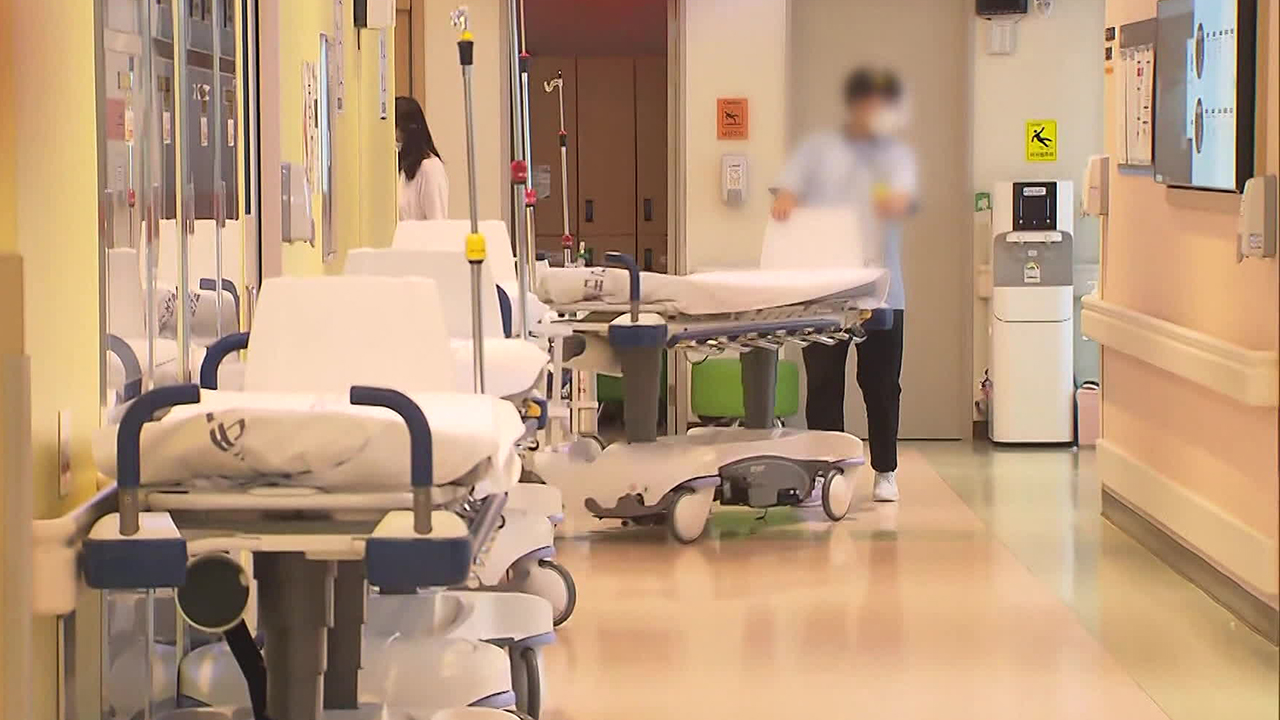
[Anchor]
As we mark one year of conflict in the medical field, we will examine the crisis in healthcare through a series of reports.
Today (Feb.4) is World Cancer Day.
In South Korea, an average of 287 people per 100,000 are diagnosed with cancer, and 77 die from it.
Cancer remains the leading cause of death.
While we dream of conquering cancer, the reality of our healthcare system is dire.
The conflict began a year ago when the government announced an increase of 2,000 in medical school admissions.
About 12,000 residents have not returned, and medical students are continuing their leave of absence.
The impact of the healthcare gap has fallen squarely on patients.
There have been actual cases where cancer patients could not receive timely surgeries and ultimately died.
Reporter Hong Seong-hee investigated the state of the healthcare gap.
[Report]
Song Jeong-ah lost her father to lung cancer last September.
As the lung nodule grew, she sought treatment at a university hospital, but they were not accepting new patients.
[University Hospital Consultation Staff/Last June/Voice Altered: "Because of the resident strike, doctors are only seeing existing patients. We are not accepting new patients."]
She made an appointment at another hospital but had to wait five months.
Her father missed the opportunity for surgery.
[Song Jeong-ah/Family of Lung Cancer Patient: "If we could have received treatment at the hospital sooner, my father wouldn't have had to leave us so suddenly, unprepared, and we wouldn't have been unprepared either."]
In fact, the number of cancer surgeries at tertiary hospitals has decreased by 16% since the residents left, hitting new patients hard.
This man in his 30s, suffering from chronic pain, takes over 40 pills a day.
He has not received pain relief treatment for nearly a year, which he used to get every two weeks.
[Complex Regional Pain Syndrome Patient: "The professor is so busy with inpatient, outpatient, emergency, and surgeries that there’s no time to give me the injection. The have constant pain, as if my bones are being cut out, and it feels really tough."]
The Ministry of Health and Welfare explains that the number of surgeries at tertiary hospitals has recovered to 79% of pre-crisis levels.
However, the reality is that this is merely a temporary fix.
[Choi Jong-beom/Professor of Anesthesiology and Pain Medicine at Ajou University Hospital: "I go home to get some sleep, but then I get a call at 2:30 or 3 in the morning and have to come back in. I’m doing the work that used to be handled by five or six people, all by myself."]
For the past year, the conflict in the medical field has been a matter of life and death for patients with rare diseases and their families.
[Kim Jeong-ae/Parent of Rare Disease Patient: "I’ve felt that even if I shave my head and plead for my daughter’s life, it’s often useless. If I do my best and it still doesn’t work, I just think, let’s go to God, and I try to live with that mindset."]
This is Hong Seong-hee from KBS News.
As we mark one year of conflict in the medical field, we will examine the crisis in healthcare through a series of reports.
Today (Feb.4) is World Cancer Day.
In South Korea, an average of 287 people per 100,000 are diagnosed with cancer, and 77 die from it.
Cancer remains the leading cause of death.
While we dream of conquering cancer, the reality of our healthcare system is dire.
The conflict began a year ago when the government announced an increase of 2,000 in medical school admissions.
About 12,000 residents have not returned, and medical students are continuing their leave of absence.
The impact of the healthcare gap has fallen squarely on patients.
There have been actual cases where cancer patients could not receive timely surgeries and ultimately died.
Reporter Hong Seong-hee investigated the state of the healthcare gap.
[Report]
Song Jeong-ah lost her father to lung cancer last September.
As the lung nodule grew, she sought treatment at a university hospital, but they were not accepting new patients.
[University Hospital Consultation Staff/Last June/Voice Altered: "Because of the resident strike, doctors are only seeing existing patients. We are not accepting new patients."]
She made an appointment at another hospital but had to wait five months.
Her father missed the opportunity for surgery.
[Song Jeong-ah/Family of Lung Cancer Patient: "If we could have received treatment at the hospital sooner, my father wouldn't have had to leave us so suddenly, unprepared, and we wouldn't have been unprepared either."]
In fact, the number of cancer surgeries at tertiary hospitals has decreased by 16% since the residents left, hitting new patients hard.
This man in his 30s, suffering from chronic pain, takes over 40 pills a day.
He has not received pain relief treatment for nearly a year, which he used to get every two weeks.
[Complex Regional Pain Syndrome Patient: "The professor is so busy with inpatient, outpatient, emergency, and surgeries that there’s no time to give me the injection. The have constant pain, as if my bones are being cut out, and it feels really tough."]
The Ministry of Health and Welfare explains that the number of surgeries at tertiary hospitals has recovered to 79% of pre-crisis levels.
However, the reality is that this is merely a temporary fix.
[Choi Jong-beom/Professor of Anesthesiology and Pain Medicine at Ajou University Hospital: "I go home to get some sleep, but then I get a call at 2:30 or 3 in the morning and have to come back in. I’m doing the work that used to be handled by five or six people, all by myself."]
For the past year, the conflict in the medical field has been a matter of life and death for patients with rare diseases and their families.
[Kim Jeong-ae/Parent of Rare Disease Patient: "I’ve felt that even if I shave my head and plead for my daughter’s life, it’s often useless. If I do my best and it still doesn’t work, I just think, let’s go to God, and I try to live with that mindset."]
This is Hong Seong-hee from KBS News.
-
-
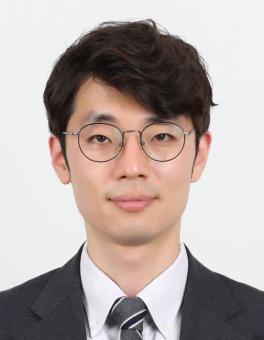
홍성희 기자 bombom@kbs.co.kr
홍성희 기자의 기사 모음
-
이 기사가 좋으셨다면
-
좋아요
0
-
응원해요
0
-
후속 원해요
0










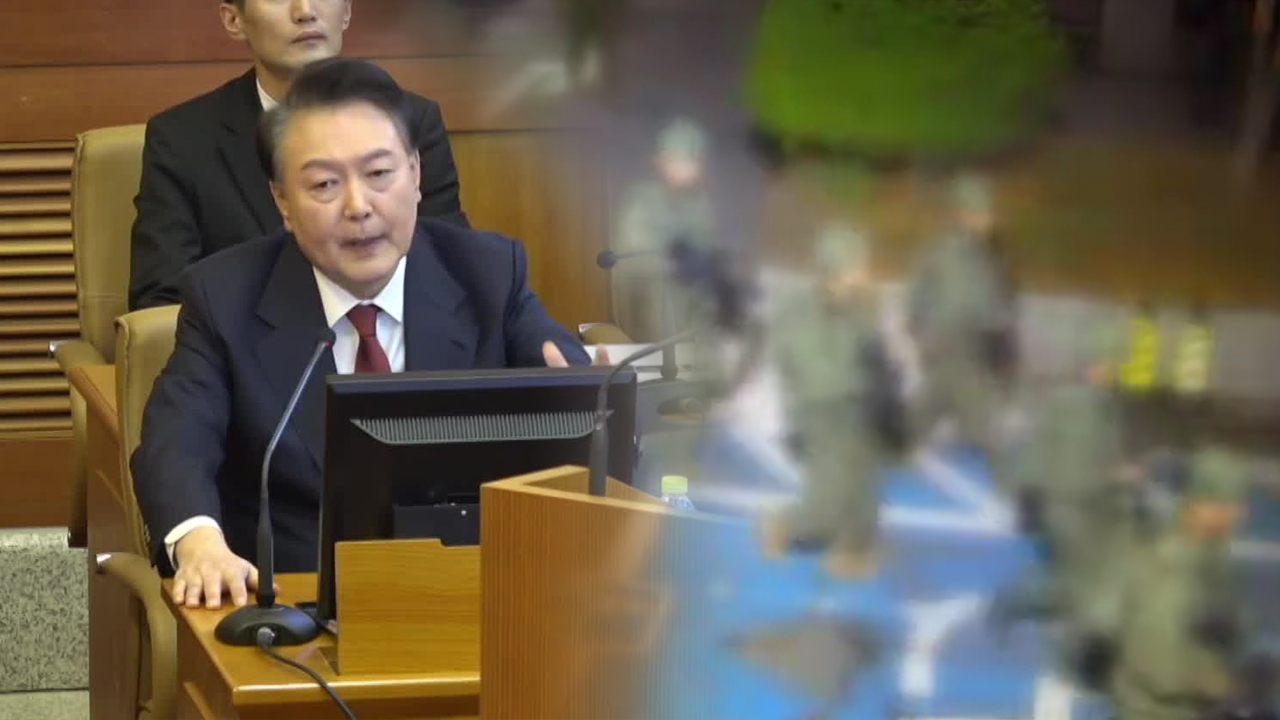
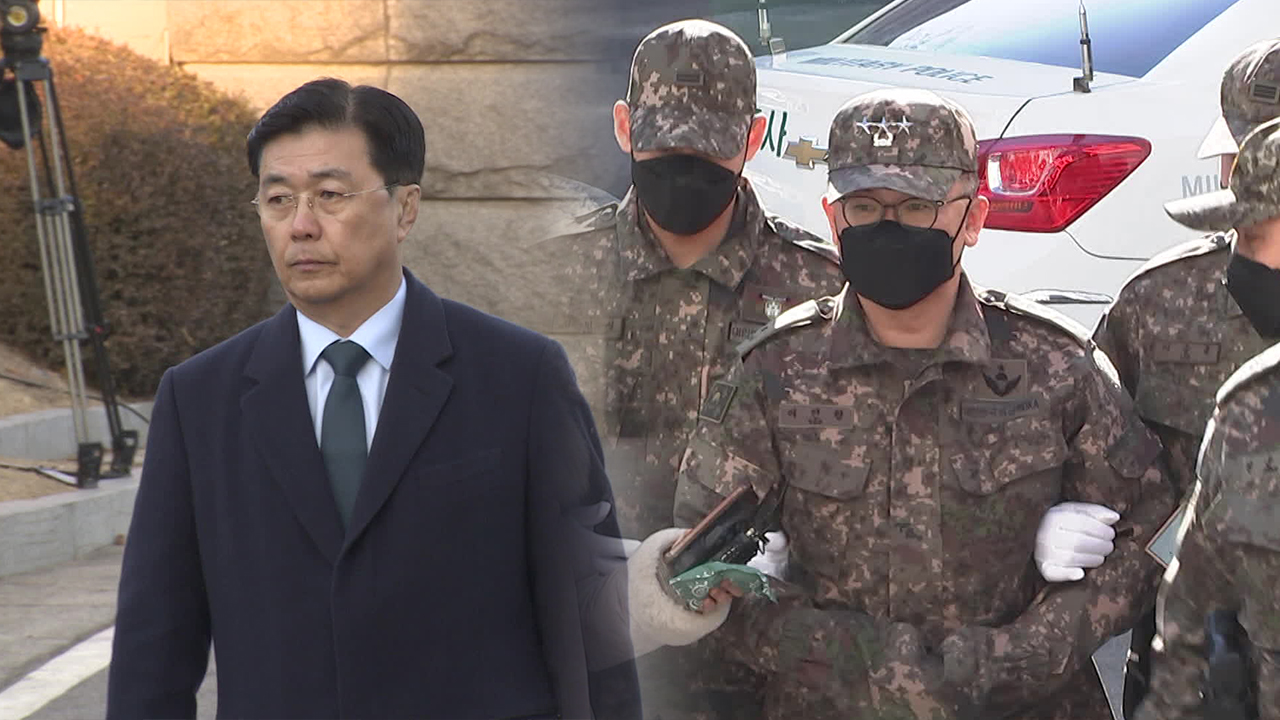
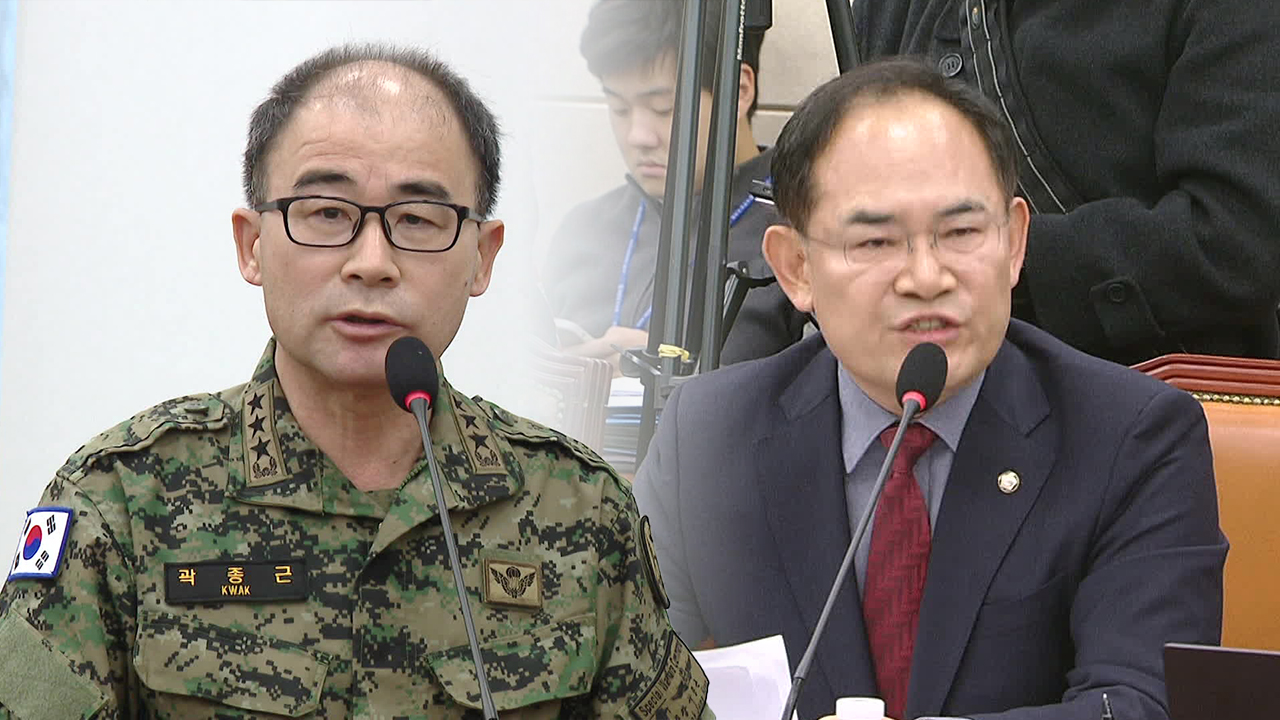
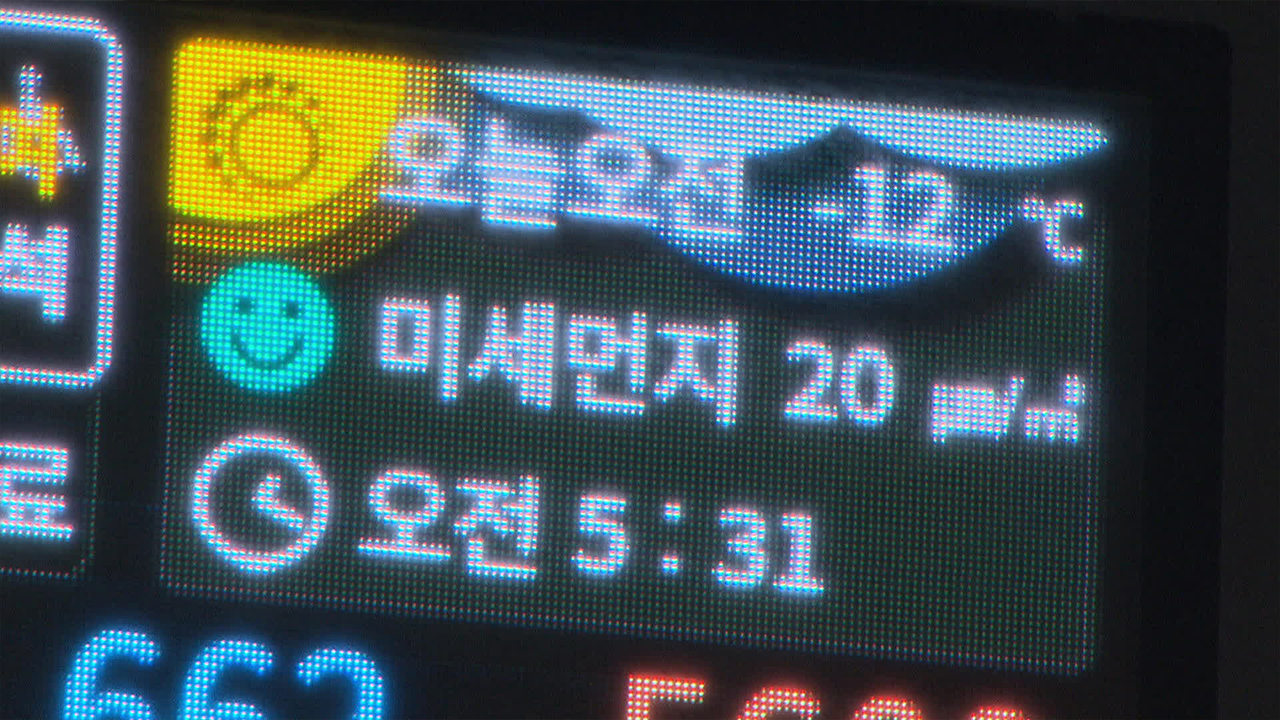

이 기사에 대한 의견을 남겨주세요.